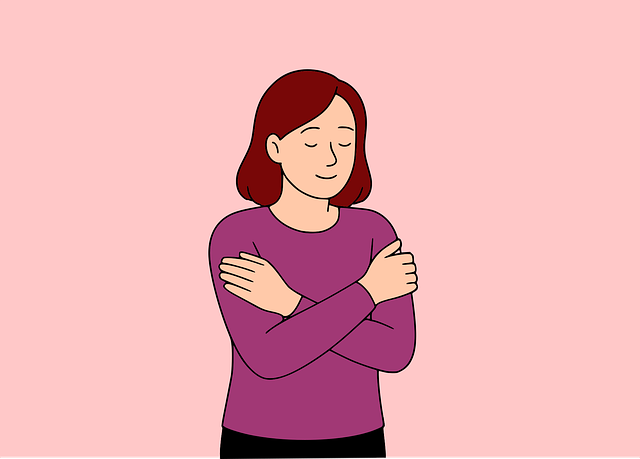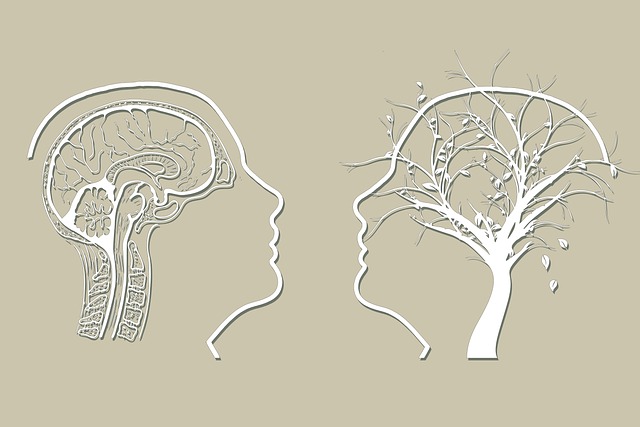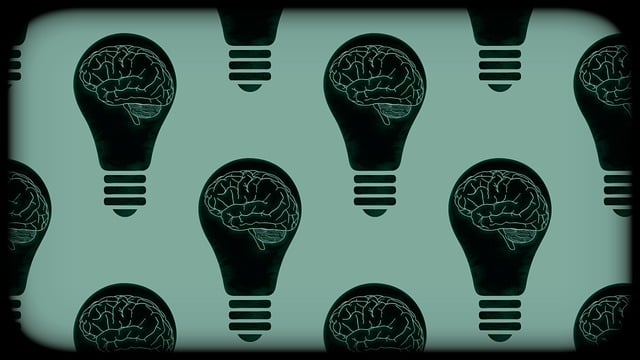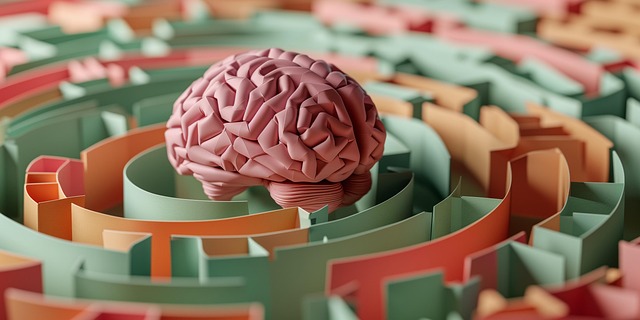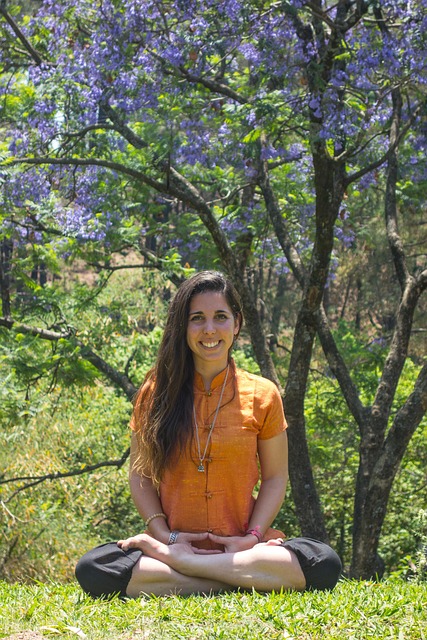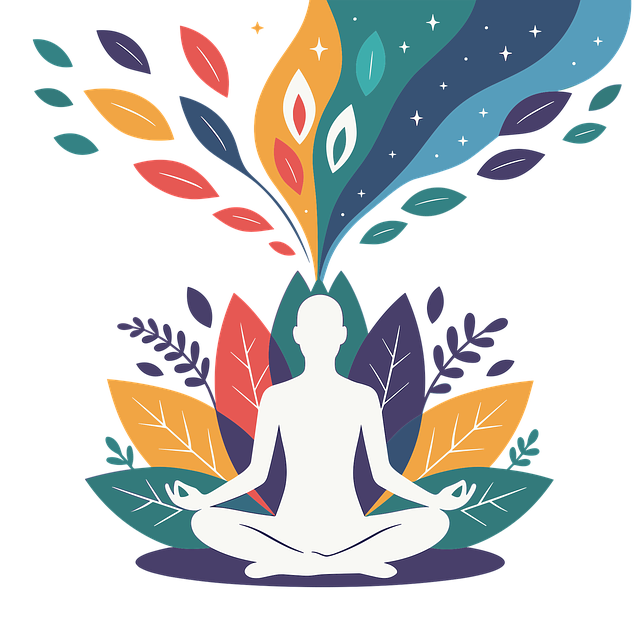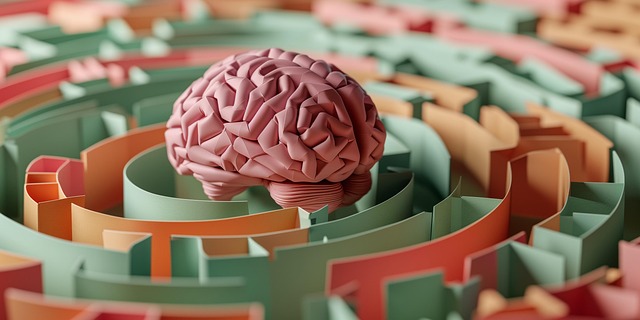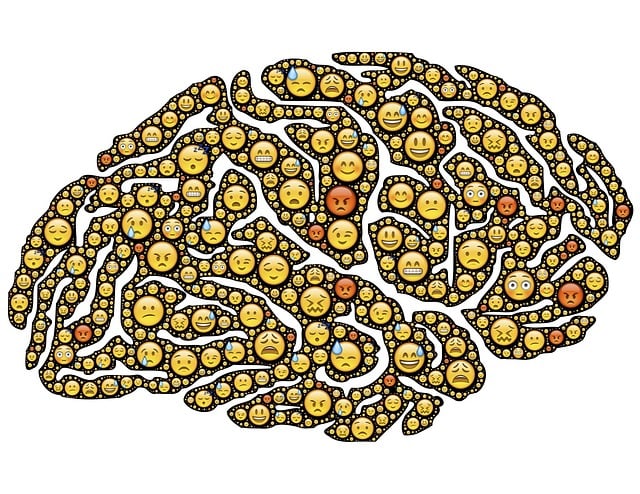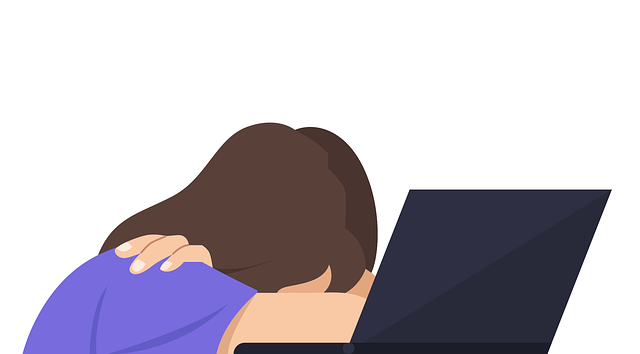Anxiety disorders impact people of all ages, with types including Generalized Anxiety Disorder, panic disorder, and social anxiety. Early intervention is vital for children and adolescents. Boulder Child Abuse Therapy offers effective treatments like Cognitive Behavioral Therapy (CBT), Social Skills Training, Mindfulness Meditation, and Resilience Building to manage anxiety. Techniques such as mindfulness, exposure therapy, and lifestyle changes, including exercise, yoga, diet, and sleep hygiene, are utilized to enhance well-being.
Anxiety is a common struggle, but there are effective techniques to manage it. This comprehensive guide explores various strategies proven to help individuals overcome anxiety disorders. We delve into understanding different types and symptoms, from panic attacks to social phobia. Key methods include Cognitive Behavioral Therapy (CBT), mindfulness practices, exposure therapy, and lifestyle adjustments. For those in Boulder seeking support, child abuse therapy offers specialized assistance. Discover how these techniques can empower you to take control of your mental health and lead a calmer life.
- Understanding Anxiety Disorders: Symptoms and Types
- Cognitive Behavioral Therapy (CBT): A Powerful Tool for Anxiety Management
- Mindfulness and Meditation Techniques to Calm Anxious Minds
- Exposure Therapy: Confronting Fears Head-On
- Lifestyle Changes for Better Mental Health: Exercise, Diet, and Sleep
Understanding Anxiety Disorders: Symptoms and Types

Anxiety disorders are a group of mental health conditions characterized by persistent and excessive worry or fear that significantly impacts daily functioning. Affecting individuals of all ages, these disorders manifest in various forms, each with its unique set of symptoms. Common types include generalized anxiety disorder (GAD), where people experience excessive and uncontrollable anxiety about everyday matters, and panic disorder, marked by recurrent unexpected panic attacks followed by intense fear and worry about future episodes.
Another notable type is social anxiety disorder, which leads to an intense fear of social or performance situations, often driven by concerns about embarrassment or judgment. For children and adolescents, symptoms may include excessive shyness, difficulty making friends, and avoidance of social interactions. Boulder Child Abuse Therapy highlights the importance of early intervention for these disorders, as they can severely impact a child’s development and relationships. Techniques such as Social Skills Training, Mindfulness Meditation, and Resilience Building can be instrumental in managing anxiety, promoting healthy coping strategies, and enhancing overall well-being.
Cognitive Behavioral Therapy (CBT): A Powerful Tool for Anxiety Management

Cognitive Behavioral Therapy (CBT) is a highly effective and evidence-based approach to managing anxiety disorders, offering individuals a powerful tool to take control of their mental health. This therapeutic method focuses on identifying and changing negative thought patterns and behaviors that contribute to feelings of anxiety and worry. By challenging unhelpful cognitive distortions and replacing them with more realistic and positive thoughts, CBT empowers individuals to manage their symptoms effectively.
Boulder Child Abuse Therapy professionals often utilize CBT due to its versatility and success in treating various types of anxiety. Through structured sessions, clients learn coping strategies tailored to their unique needs, fostering mental wellness and emotional well-being promotion techniques. Cultural sensitivity in mental healthcare practice is also integrated into CBT, ensuring that the therapy is adaptable to diverse backgrounds, making it accessible and beneficial for all individuals seeking support.
Mindfulness and Meditation Techniques to Calm Anxious Minds

In the quest for anxiety management, mindfulness and meditation emerge as powerful tools to calm anxious minds. These practices, often championed by Boulder Child Abuse Therapy professionals, encourage individuals to focus on the present moment, thereby disrupting the cycle of worrisome thoughts that fuel anxiety. By cultivating self-awareness exercises through meditation, one can gain a deeper understanding of their triggers and learn to respond rather than react to stressful situations, leading to improved mental health awareness.
Techniques such as mindful breathing, where individuals pay attention to each inhalation and exhalation, help to regulate the nervous system, fostering anxiety relief. Regular practice of these mindfulness and meditation techniques not only reduces symptoms of anxiety but also enhances overall well-being. Incorporating them into daily routines can be a game-changer in managing stress levels, offering a peaceful sanctuary within an often hectic world.
Exposure Therapy: Confronting Fears Head-On

Exposure therapy is a powerful technique that involves gradually facing fears and anxious triggers head-on. This method, often employed by therapists like those at Boulder Child Abuse Therapy, works by helping individuals understand and manage their anxiety responses in a controlled environment. By repeatedly exposing oneself to a fear or stressful situation, whether it’s a specific object, place, or memory, the brain eventually reconditions itself to respond less intensely.
This therapy is particularly effective for those dealing with phobias, post-traumatic stress disorder (PTSD), or social anxiety. It encourages individuals to build emotional intelligence and empathy towards their own feelings, allowing them to better regulate their responses. As stress reduction methods go, exposure therapy offers a direct approach to conquering anxiety by confronting it directly, providing lasting results for many clients.
Lifestyle Changes for Better Mental Health: Exercise, Diet, and Sleep

Incorporating lifestyle changes is a powerful tool for managing anxiety and promoting emotional well-being. Regular exercise, for instance, releases endorphins that act as natural mood lifters and stress reducers. Activities like yoga or mindfulness walks in nature can also help to calm the mind and enhance mental clarity. When it comes to diet, nourishing your body with whole foods rich in vitamins and minerals supports overall health, including brain function. Staying hydrated and limiting caffeine and sugar intake can significantly impact anxiety levels.
Adequate sleep is another cornerstone of anxiety management. Establishing a consistent sleep routine allows the body to restore and rejuvenate, leading to improved mood and reduced tension. Practicing good sleep hygiene, such as limiting screen time before bed and creating a relaxing bedtime ritual, can ensure a peaceful night’s rest. Integrating these lifestyle changes, often coupled with compassion cultivation practices or confidence-boosting techniques, can be transformative for individuals seeking better mental health support, especially those considering Boulder Child Abuse Therapy.
Anxiety disorders are common but manageable with the right tools. By understanding symptoms and exploring evidence-based techniques like Cognitive Behavioral Therapy (CBT), mindfulness, exposure therapy, and lifestyle adjustments, individuals—including those seeking Boulder child abuse therapy—can effectively manage anxiety. Integrating these strategies into daily life can foster resilience, promote well-being, and enhance overall mental health.

